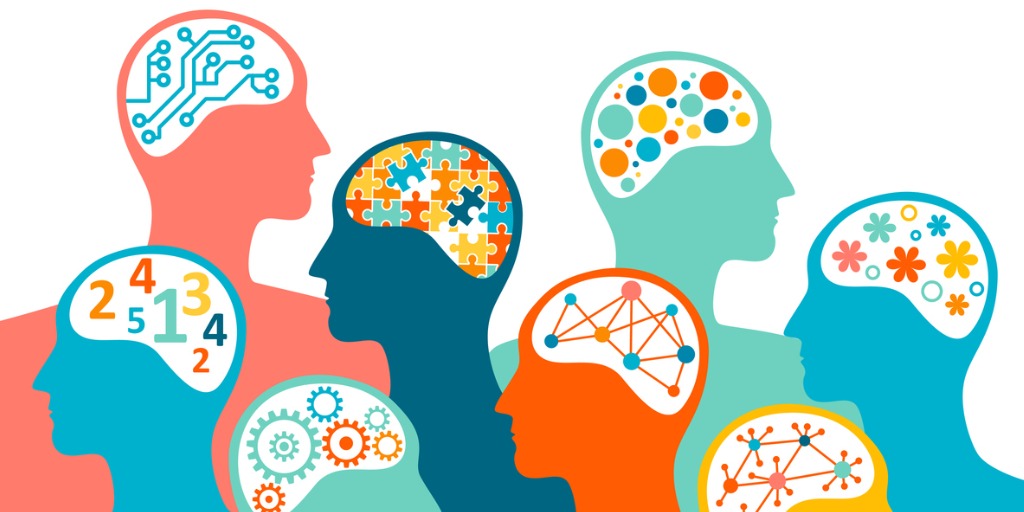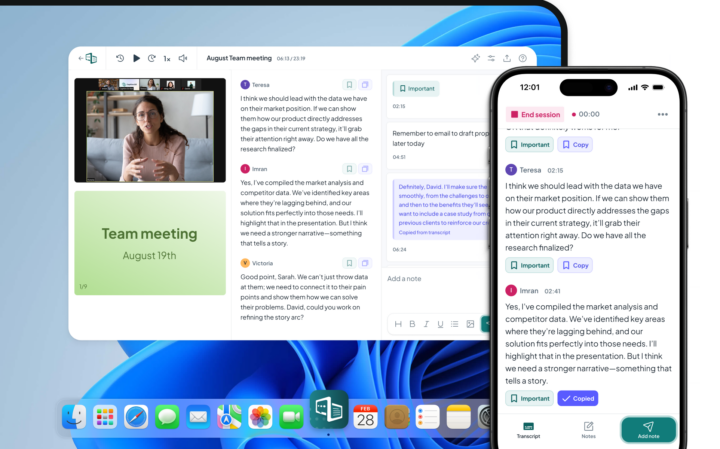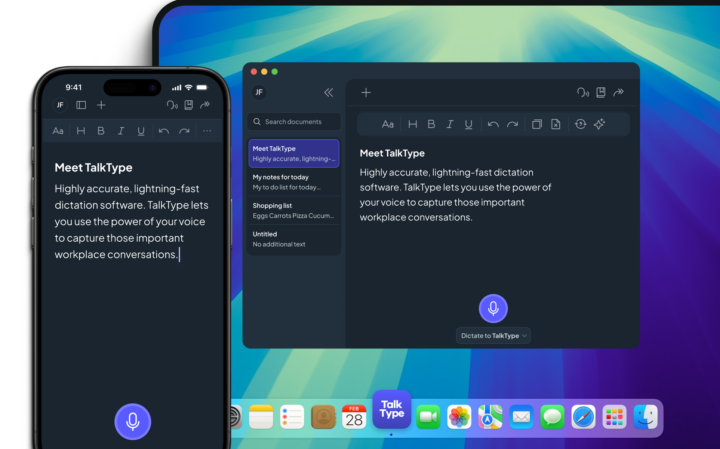Much of the approach behind Neurodiversity affirming lies in providing a person or patient-centred approach to therapy. But it can also be a way to avoid perceived stigmas that may exist. For instance, up to 80% of people with ASD are not in work. And it may be that people with acquired neurodiversity would prefer to avoid any potential discrimination at work.
Can Trauma Cause Neurodivergence?
Most of us will experience some form of trauma during our lifetimes. And as we’ve already shared, around 20% of people who experience a form of trauma go on to experience PTSD.
Trauma can take many forms. According to the Mental Health Foundation, a traumatic event is something that puts you or someone close to you at risk of serious harm or death. Such an event can overwhelm our senses and leave us feeling frightened and unsafe. In particular, trauma can happen from the following:
- Accidents, violent attacks, or natural disasters
- Ongoing stress like childhood abuse or intimate partner abuse, bullying, long-term illness, or a global event like a pandemic
- Unstable and unsafe environments
- Witnessing assault on someone else
It’s important to note that trauma includes physical and psychological injury to someone during their lifetime. And in the book “The Body Keeps the Score: Brain, Mind, and Body in the Healing of Trauma”, author Bessel van der Kolk suggests that the emotional part of the brain can experience functional and chemical changes following trauma. PTSD is the result of trauma for many people. Yet trauma can also be the cause and result of other neurodivergent conditions.
What’s the Relationship Between Trauma and ADHD?
ADHD can emerge from the influence of many different factors. But can trauma trigger ADHD? Well, research does link the onset of ADHD in adults to stressful life events. And exposure to childhood trauma can predict ADHD onset and the chances of experiencing ADHD in adulthood.
Can Trauma Trigger Autism?
The relationship between Autistic Spectrum Disorder and trauma is complex. Continued research seeks to uncover the connections between traumatic physical and emotional experiences and the prevalence of ASD.
Some evidence suggests trauma could trigger or influence the onset of ASD, but not everyone with ASD has experienced trauma. So while it’s unlikely that trauma could trigger autism, traumatic experiences can exacerbate symptoms for people who have autism.
Is Tourette’s a Result of a Traumatic History?
Can trauma trigger Tourette’s? Evidence suggests physical trauma such as head injuries can result in Tourette’s Syndrome. One research paper showed how a 33 year-old man developed several symptoms, including personality change and a severe tic, after a road traffic accident that damaged his spine.
Further research backs up the impact of physical trauma in developing Tourette’s. And when it comes to the impact of psychological trauma, evidence is less strong for stressful events having a singular cause. Instead, there is research to suggest a stressful period may have ‘unmasked’ the manifestation of Tourette’s for a man who had an observed motor tic and obsessive traits that dated back to childhood.
CareScribe Offers Assistive Technology for Neurodivergent Users
Assistive technology can be used to support and enhance communication for people at workplaces and universities. CareScribe is at the forefront of assistive technology and our products address a wide range of needs.
Featuring a set of custom dictionaries with live captioning and note-taking functions, Caption.Ed can add captions instantly to your meetings, lectures or seminars, either in-person or online. You can also add timestamped notes, synced to your transcript, and highlight key information so you never miss out on the important stuff.
TalkType is highly accurate dictation software built for Windows, Mac, and mobile devices. Dictation software like TalkType can transform the way you work and study. As well as boosting productivity and efficiency, dictation software can provide autonomy to anyone who cannot type using traditional keyboards.
Caption.Ed and TalkType are dynamic AT tools that are transforming outcomes across many workplaces and universities.




